Stephen Willats - Ich lebe in einem Betonklotz, Verlag der Buchhandlung Walther König, 1980, Willats

Stephen Willats - Ich lebe in einem Betonklotz, josefchladek.com

Sample page 1 for book "Willats, Stephen – Stephen Willats - Ich lebe in einem Betonklotz", josefchladek.com

Sample page 2 for book "Willats, Stephen – Stephen Willats - Ich lebe in einem Betonklotz", josefchladek.com

Sample page 3 for book "Willats, Stephen – Stephen Willats - Ich lebe in einem Betonklotz", josefchladek.com

Sample page 4 for book "Willats, Stephen – Stephen Willats - Ich lebe in einem Betonklotz", josefchladek.com

Sample page 5 for book "Willats, Stephen – Stephen Willats - Ich lebe in einem Betonklotz", josefchladek.com
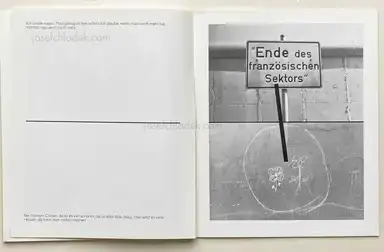
Sample page 6 for book "Willats, Stephen – Stephen Willats - Ich lebe in einem Betonklotz", josefchladek.com

Sample page 7 for book "Willats, Stephen – Stephen Willats - Ich lebe in einem Betonklotz", josefchladek.com

Sample page 8 for book "Willats, Stephen – Stephen Willats - Ich lebe in einem Betonklotz", josefchladek.com
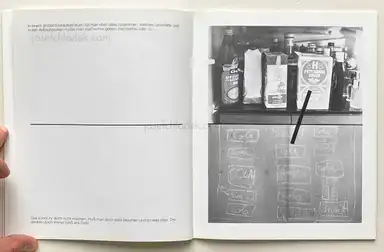
Sample page 9 for book "Willats, Stephen – Stephen Willats - Ich lebe in einem Betonklotz", josefchladek.com
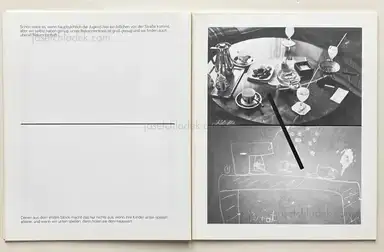
Sample page 10 for book "Willats, Stephen – Stephen Willats - Ich lebe in einem Betonklotz", josefchladek.com

Sample page 11 for book "Willats, Stephen – Stephen Willats - Ich lebe in einem Betonklotz", josefchladek.com
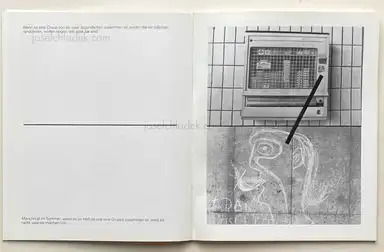
Sample page 12 for book "Willats, Stephen – Stephen Willats - Ich lebe in einem Betonklotz", josefchladek.com

Sample page 13 for book "Willats, Stephen – Stephen Willats - Ich lebe in einem Betonklotz", josefchladek.com
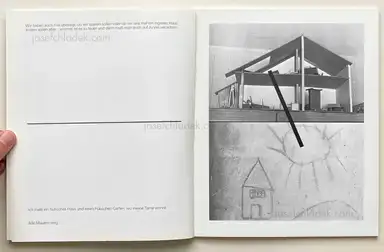
Sample page 14 for book "Willats, Stephen – Stephen Willats - Ich lebe in einem Betonklotz", josefchladek.com

Sample page 15 for book "Willats, Stephen – Stephen Willats - Ich lebe in einem Betonklotz", josefchladek.com
Other books by Verlag der Buchhandlung Walther König (see all)
Other books tagged Public Housing (see all)
Other books tagged UK (see all)
Other books tagged Berlin (see all)
Softcover.
Fascinated by drawings and scribblings on the walls done by the children and teenagers living in the complex, Willats began a project of collaboration/participation collecting the drawings and bringing them together with pictures of everyday life and excerpts from conversations with young people and other inhabitants.
“These drawings were so often a poignant critique of the surrounding modernist environment, a comment on daily life, that I became fascinated... If you look at the buildings that I work in, the anonymity of the building is a sign system, the building itself is a sign. The very concrete walls are signs. They’re an ever present background to people’s lives. So people react against that; they layer themselves on the building, they attack the building, the break into the building, they make holes in the building, they put drawings on the building, they put rubbish on the floors. In a way they’re saying, we exist, this is our presence, this is a statement of our identity." ... Willats' projects, though not approached as a factual report or final analysis does aim its findings at undermining the goliath of the power of urban planners and social control. The connecting black bars linking the images is strong and affords an empowerment of those who are often assumed to lack power where it matters. (Jeffrey Ladd)
Pages: 60
Place: Köln
Year: 1980
Publisher: Verlag der Buchhandlung Walther König
Size: 21 × 26 cm (approx.)
















































